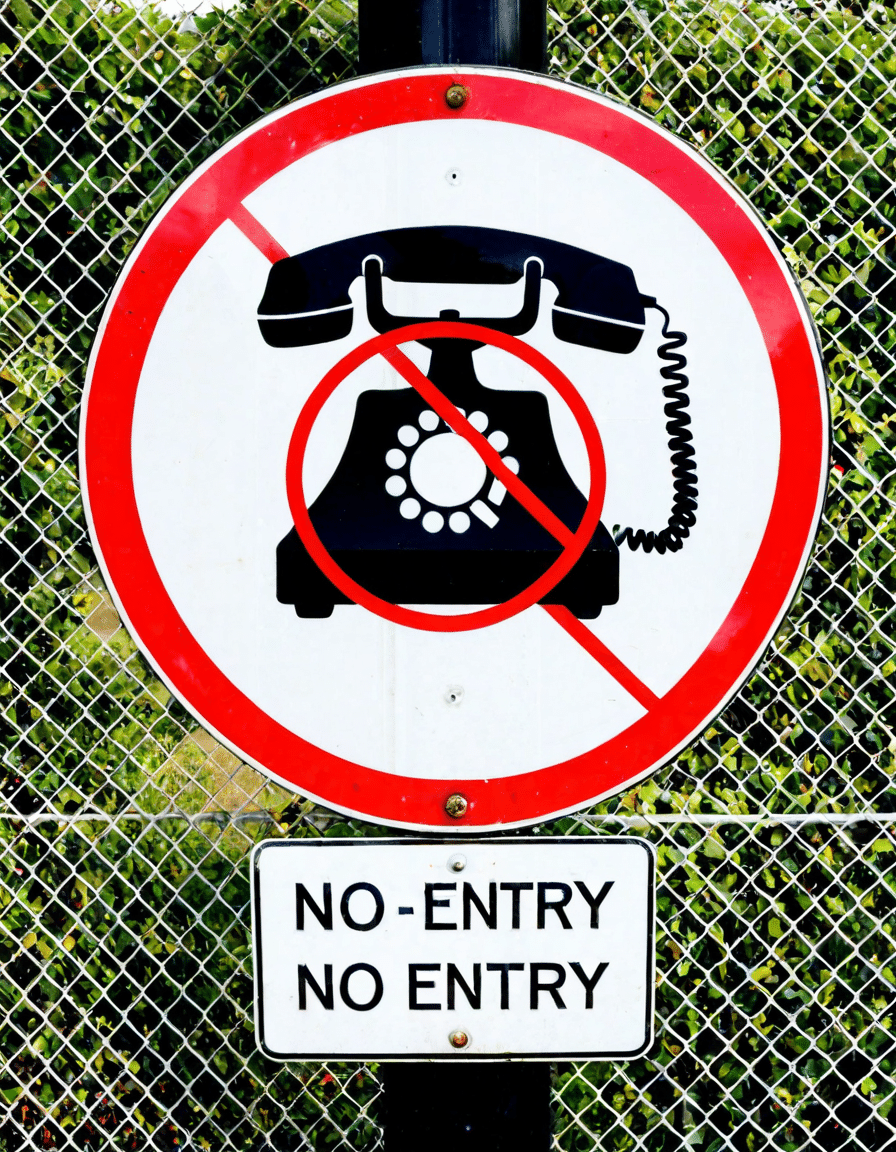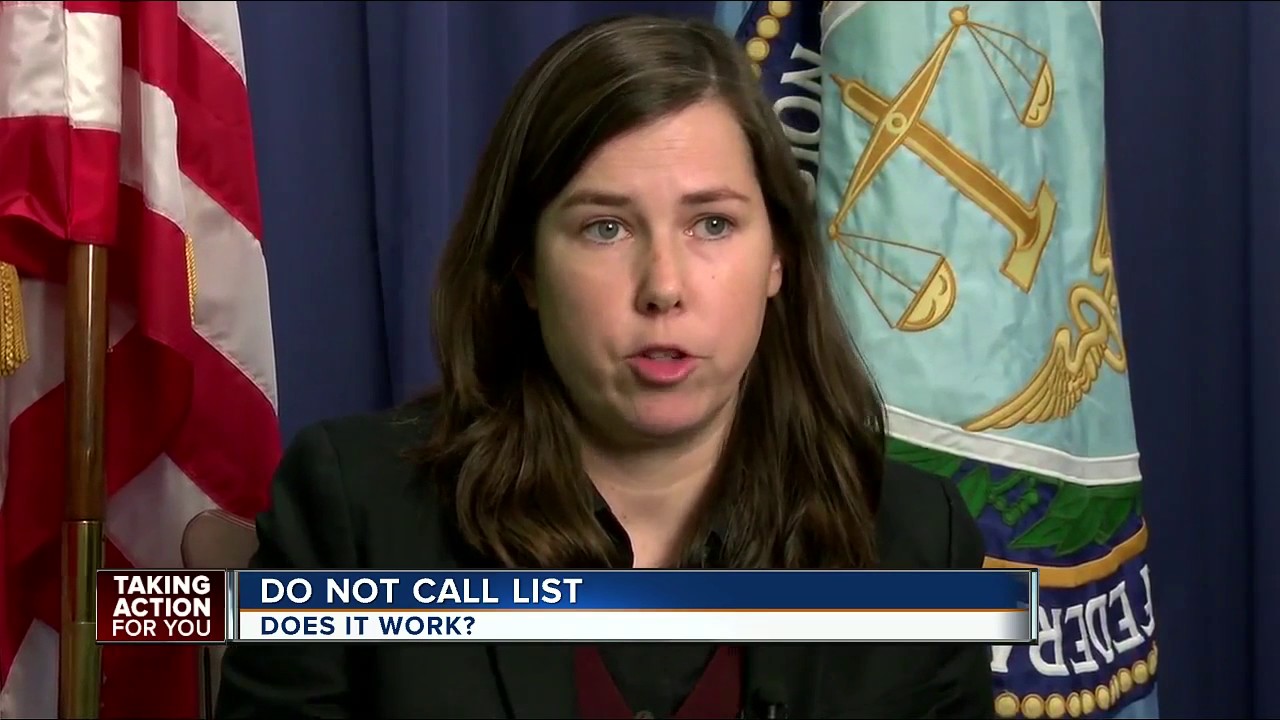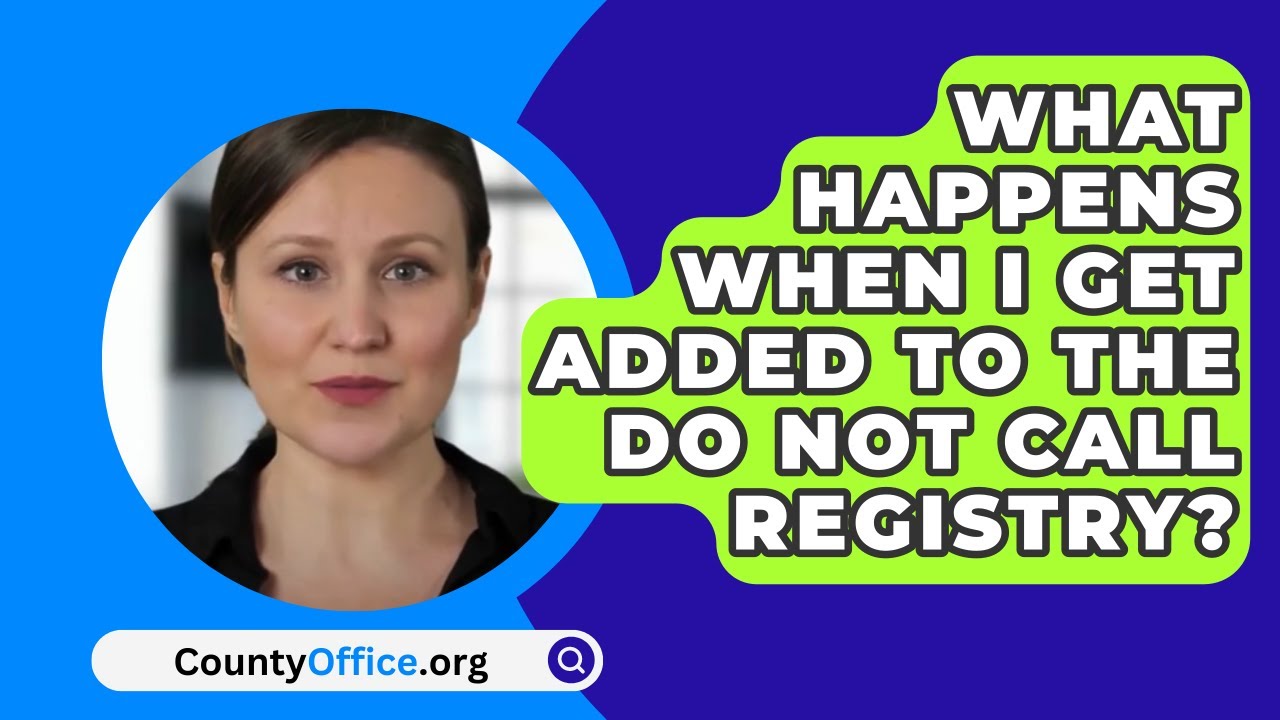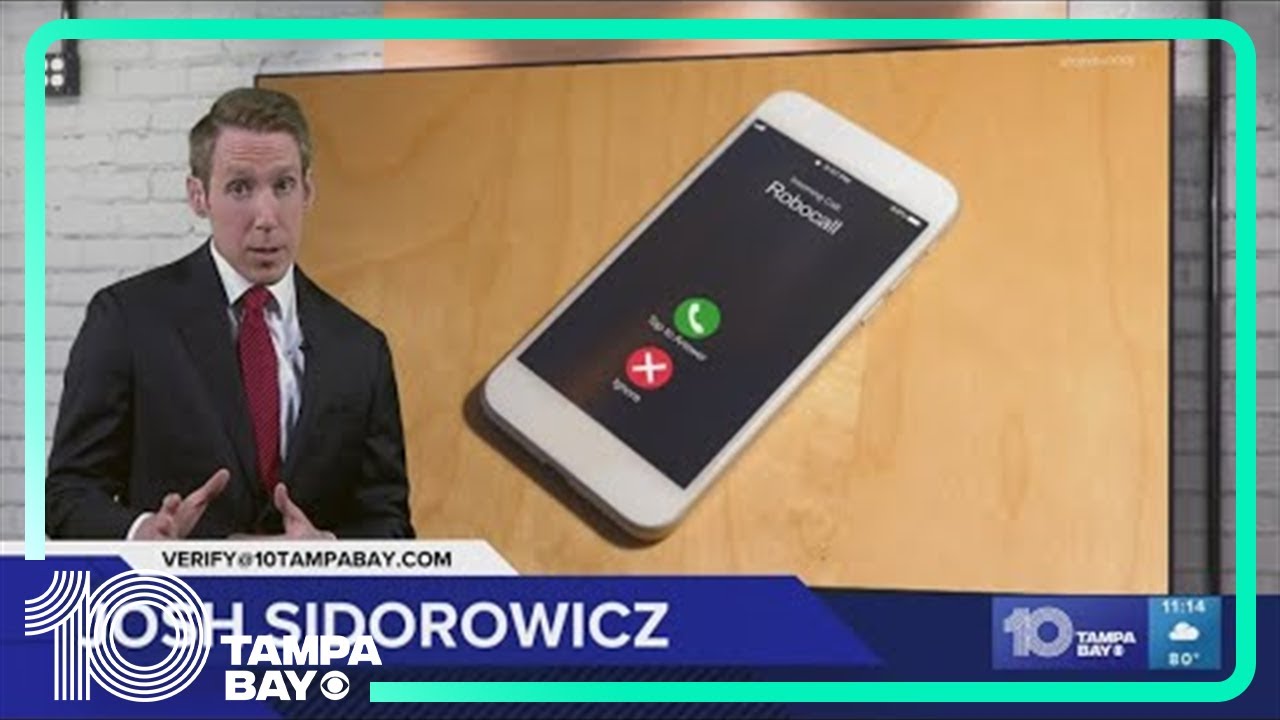The Do Not Call Registry (DNCR) serves as a vital resource designed to shield consumers from irritating telemarketing calls. Yet, many are left scratching their heads, unsure how to utilize this powerful tool efficiently. This article peels back the layers to reveal secrets every consumer should know about the Do Not Call Registry, enabling you to take charge of your phone communications.
Understanding the Do Not Call Registry: Essential Insights for Consumers
Originally launched in 2003, the DNCR aims to protect consumers from unwanted marketing calls. Anyone can register their personal phone number and subsequently enjoy peace of mind, yet countless individuals remain uncertain about their rights. Many still receive unwanted calls despite their efforts to opt-out through the Do Not Call Registry, leading to frustration and confusion.
To add to the mystery, the DNCR doesn’t filter out all types of calls, leaving some consumers vulnerable to persistent intrusions. Companies leverage loopholes, calling customers with whom they’ve had any form of relationship—think utility services or past purchases—making it critical for you to understand the nuances of the system. Yet, knowledge is power, and arming yourself with the right information is your best defense.
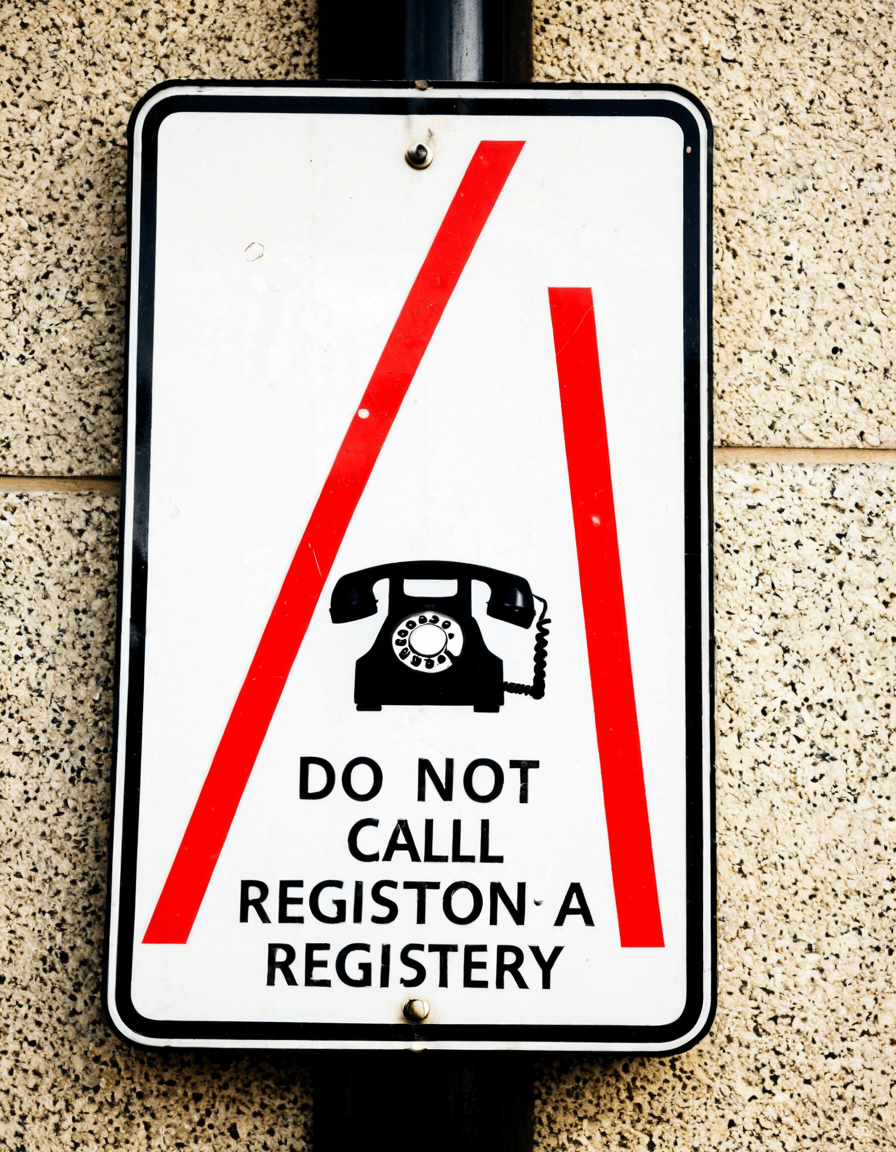
Top 7 Secrets of the Do Not Call Registry You Need to Know
1. Your Registration Doesn’t Expire: How Long You’re Protected
When you register your number with the Do Not Call Registry, it remains on the list indefinitely. That means if you signed up back in 2003, you’re still protected. However, here’s the kicker: if there’s an existing business relationship between you and a company, they’re allowed to contact you—even if you’re registered. So, if you’ve got an AT&T service plan, prepare for occasional calls from them about updates or offers.
2. The Difference Between Robocalls and Telemarketing Calls
It’s a common misconception to lump all annoying calls together, but knowing the difference can save you from further frustration. The Do Not Call Registry primarily addresses telemarketing calls. Robocalls, which involve automated messages, might not always qualify. Customers of companies like Chewy.com may notice that follow-up calls about their order status or shipping details don’t fall under telemarketing regulations.
3. Enforcement Actions: Who’s Policing the Registry?
It may come as a surprise to some that the Federal Trade Commission (FTC) is the body enforcing the DNCR guidelines. If you keep getting unwanted calls despite registering, you can and should report these violations. For example, should Synchrony Bank continue to reach out to you, you can notify the FTC, and they could impose fines for their disregard of the rules.
4. Why You Still Might Get Targeted Calls: Exemptions Explained
Did you know that not all calls are forbidden under the DNCR? Certain exemptions, like calls from political campaigns or charitable causes, mean you might still receive these types of calls even when registered. So, if you pick up from a local charity asking for donations, it’s a call they’re permitted to make. Understanding these exceptions can help temper your expectations.
5. Taking Action: Reporting Unwanted Calls
If unwanted calls keep interrupting your day, it’s essential to document your experiences. Keep track of the numbers, dates, and times of those calls, as you’ll need this info when filing a complaint with the FTC. While taking this step might feel tedious, it plays a crucial role in improving the Do Not Call Registry system for everyone. A thorough report increases the chance of appropriate action being taken.
6. The Rise of Spam Text Messages: A New Revenue Stream
Fast forward to 2026, and spam text messages have soared in popularity among telemarketers. While the Do Not Call Registry provides a framework for voice calls, it barely touches the growing issue of spam texts. Companies utilizing services like TextNow to dodge restrictions have learned how to misuse modern technology for marketing spirals. Learning how to manage your TextNow login settings can really enhance your privacy.
7. The Impact of Emerging Technologies on Telemarketing
The evolution of technology has also reshaped telemarketing practices. We now live in a world where AI-driven systems can trick traditional DNCR protections. Brands tapping into platforms like Affirm for promotions often utilize more sophisticated methods to reach consumers. Understanding this shift enhances how you engage with brands and gives you better control over your interactions.
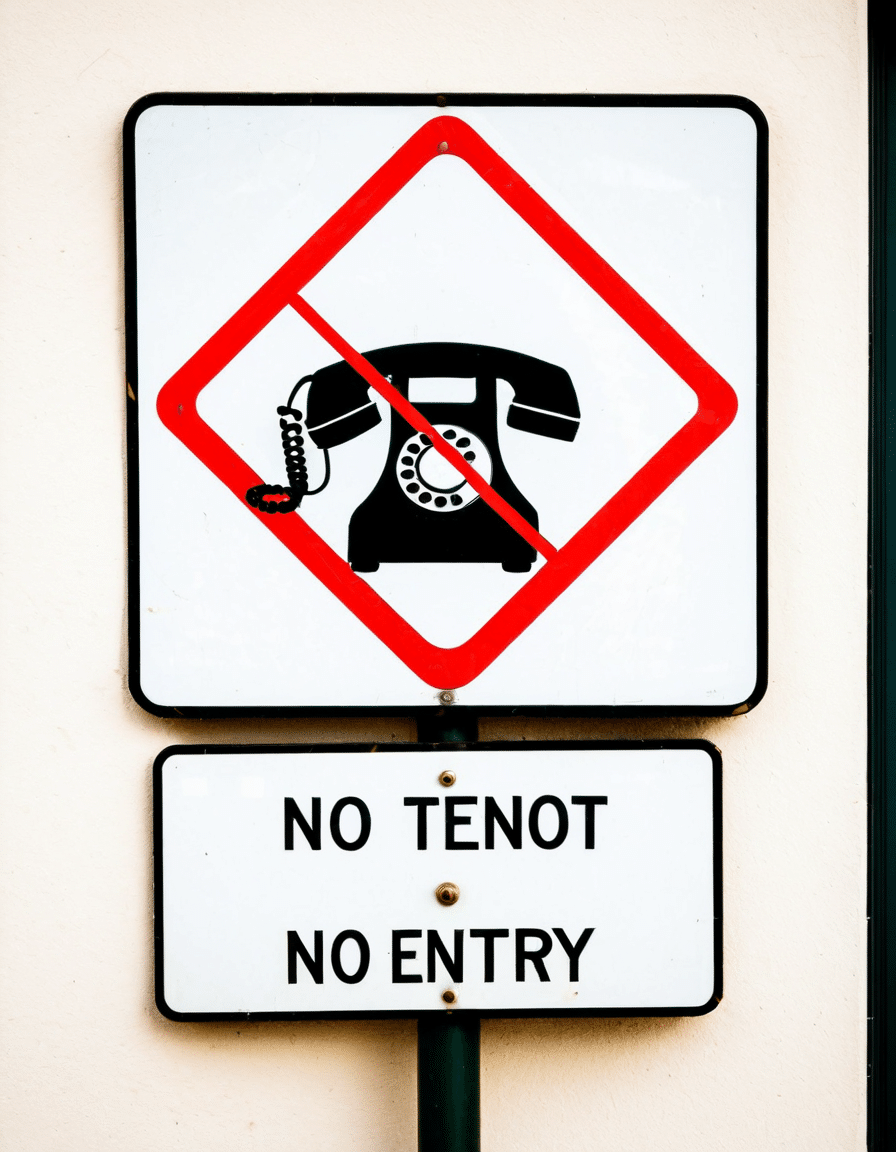
Empowering Yourself Against Unwanted Calls
Taking control of your privacy is essential in today’s digital communication climate. With thorough knowledge of the Do Not Call Registry, you can reduce the nuisance of unwanted calls. Recognizing enforcement mechanisms, exemptions, and recent technological changes allows for a more informed approach toward your phone communications.
Don’t forget the power of community and advocacy; reporting unwanted calls leads to collective improvement. Coupled with managing your privacy settings on various platforms, you can maintain robust control over your communication preferences.
By comprehensively understanding the Do Not Call Registry, you become the gatekeeper of your own phone, ensuring unwanted interruptions are minimized, and your peace of mind is maximized.
Do Not Call Registry Secrets Every Consumer Should Know
Hidden Gems of the Do Not Call Registry
Did you know the Do Not Call Registry isn’t just for shutting down those pesky telemarketers? This tool can also be a real lifesaver for keeping your phone free from unwanted calls. You might be surprised to learn it was established back in 2003, giving consumers the chance to opt out of sales pitches. Interestingly, celebrities like Arian Moayed and the stars from the latest X-Men cast can get bugged too—everyone deserves a little peace!
And here’s something wild: registration is free! Just like how Documentaries can shed light on surprising subjects, being on the Do Not Call Registry doesn’t cost a dime. In fact, some folks think they’ve got to pay to get rid of those annoying calls, but that’s simply not the case. You can register in just a couple of minutes and it’ll stay active, keeping scammers at bay. So, if you ever wonder about the odd calls interrupting your binge-watching of the Take Shelter movie, your best bet is to hit that registration link!
The Rules of the Game
Now, let’s dive into some essential trivia about enforcement. Did you know that telemarketers could face fines up to $43,792 for each violation of the Do Not Call rules? That’s a lot of clams! It’s pretty bonkers to think about how much money is on the line. Those who ignore the registry are in for it. In the same way, whether you’re at a soccer match like Guadalajara vs. Club America or on a relaxing trip to Port Aransas, you deserve to enjoy your time without interruptions.
But there’s more to the story! While the registry can save you from sales calls, it won’t stop political calls or survey companies. So, if those types of calls are more your jam, or if you’ve got an insatiable thirst for new accessories like oat milk in your morning coffee, remember that it might take a bit more work to limit those engagements. And speaking of work, ever heard of the “Mr. Peanut spat”? Just like that iconic character, the do all the right moves can help you keep your phone’s ringing to a manageable level. So make the most of your experiences and keep those pesky calls at bay!
